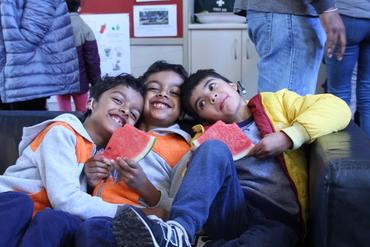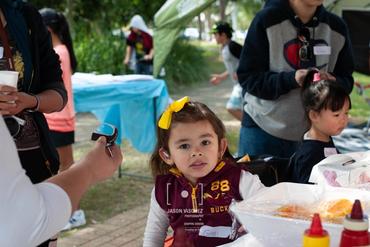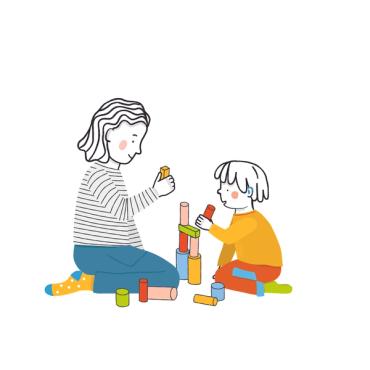What does early education mean?
Early childhood education and care services allow children to engage in play and learning opportunities with their peers before starting formal schooling.

When these programs are high quality, children are more likely to do better at school in both the short and long term.
A high-quality service will have enough suitably qualified staff to allow your child to try new things, interact with others, ask questions, and have some choice over how and when they play.
Quality services will also have clean, safe, interesting, and well-controlled environments, and will foster positive and respectful relationships.
Australia has a National Quality Framework (NQF) for early education that all governments have agreed upon. Its goal is to enhance the quality of early childhood education and care services. The NQF includes laws and regulations services must follow, a National Quality Standard which defines what providers must do to offer high-quality programs, and a service assessment and quality rating process.
The Australian Government provides funding to state and territory governments so they can provide quality preschool/kindergarten programs through what is known as the Universal Access National Partnership.
This aims to ensure every child can participate in a high-quality program for 15 hours per week over 40 weeks (or 600 hours) in the year before they start school. These programs need to be affordable and meet the needs of families, children and communities.
You can choose whether you want to send your child to an early education program.
If you choose for them to go, visit the centre before your child starts there. The educators and centre managers need to be open to working with you to support your child, and to responding to your feedback or concerns. You should feel welcome and comfortable about asking questions.



